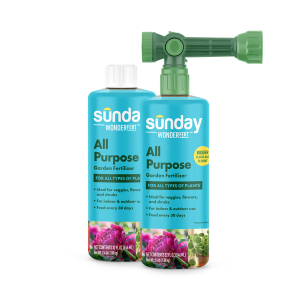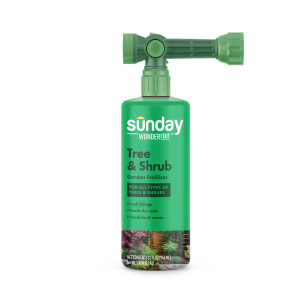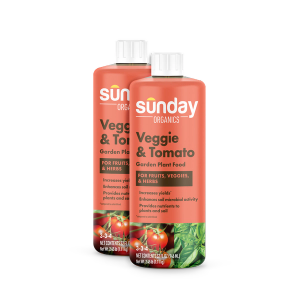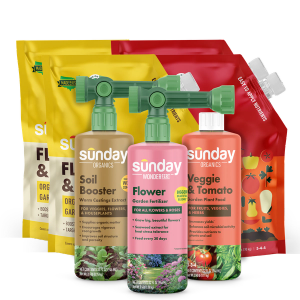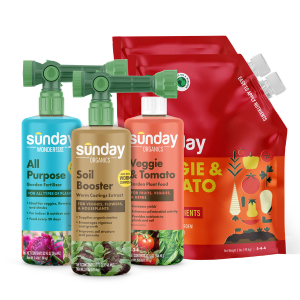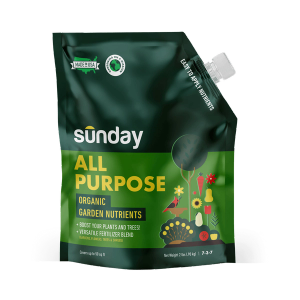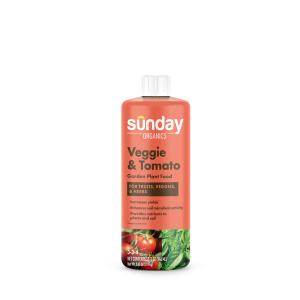Why your garden needs a soil test
Think of your garden soil as a living ecosystem beneath the surface. Just like you visit the doctor for preventive care, your garden needs regular monitoring to stay healthy. A garden soil test reveals what's happening in this hidden world before problems appear in your plants. Understanding your garden soil test results helps you:
- Make smart decisions about soil amendments
- Avoid over-fertilizing
- Create ideal growing conditions for your plants
- Save money by only adding what your garden truly needs
Getting your garden soil tested can help you prep your garden bed properly, and help you grow healthier, resilient, more productive plants.
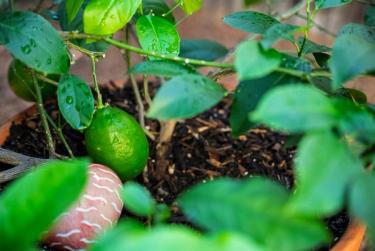
What a garden soil test won't tell you
Most garden soil tests do not tell you anything about:
- Disease
- Pest presence
- Physical soil issues like soil structure or compaction
- Drainage issues
- Pesticide or contaminant (lead paint, oil, etc.) residues
If you're concerned about any of the above, check with your local soil testing lab or extension agent to learn more about diagnosing and addressing these issues.
Sunday Tip:
Testing soil can help you reduce unnecessary fertilizer use, allowing you to garden better for your plants, the planet, and your pocketbook.
When to test garden soil
Any time you plan to plant a new area, testing the soil first’s a good idea.
Most gardens benefit from testing every three years, but timing matters. Early spring and fall offer ideal testing windows for timely improvements before peak planting seasons.
Plan your test before starting new garden beds or when you notice any signs of plants struggling.
Signs you may need a garden soil test
Your garden communicates when it needs help. Watch for these signals:
- Yellowing leaves despite regular care
- Stunted or poor growth
- Plants that won't flower or produce
Sunday Tip:
Get your Sunday garden soil test kit for a comprehensive analysis of 15 essential metrics, including organic matter, pH, nutrients, and more. You'll receive expert analysis and custom recommendations tailored to your garden's needs.
How to take a good soil sample
Success starts with proper sampling. Test areas separately if they have been, or will be, managed differently (for example, lawns and garden beds should be tested independently) or if you notice noticeable differences in the soil, drainage, or plant growth.
Check out Sunday's Garden Soil Test Kit Instructions for best results.
What to do with garden soil test results
Your results should come back in a few weeks with recommendations for any necessary plant food needs:
- Nutrient levels: Reveals what's available to your plants. Support by choosing targeted amendments that support your results.
- Soil pH: Shows if nutrients are accessible to plants. You can improve by following recommendations for lime or sulfur applications.
- Organic matter: Indicates general soil health. If you need to, add compost to improve soil health.
Key takeaways
Regular garden soil testing creates the foundation for a more sustainable garden. Understanding your soil leads to better planting results with less effort (and expense).
Use your garden soil test results as a guideline when planning fertilizer applications. And remember to test your soil any time you’re getting ready to plant somewhere new and every three years in established areas to make sure your soil is getting the nutrients it needs to feed your plants.
Ready to understand your garden's needs?
Get your Sunday Garden Soil Test Kit and Analysis.
Cited sources
Best Practices for Submitting Your Soil Sample. University of New Hampshire Extension.
Now's the Perfect Time to Test Your Soil. North Carolina Cooperative Extension
Testing Your Soil: How to Collect and Send Samples. Texas A&M AgriLife Extension.







